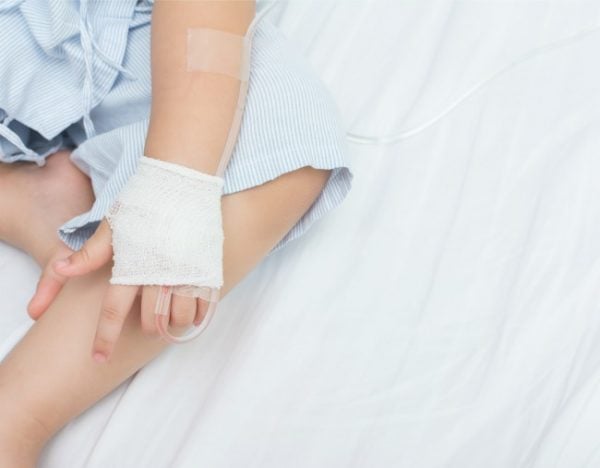You’re a doctor and your patient is a five-year-old whose family has just learned their child has cancer.
Sitting down with the stunned parents you tell them there’s a good chance the chemotherapy will save the child’s life. But it is also likely to leave them infertile in adulthood. Their tears flow.
However, there’s a glimmer of hope you can offer; a fledgling surgical procedure that might allow the child to have children of their own one day.
It’s generally considered a low-risk procedure in carefully selected cases. In girls, a sample of ovarian tissue is removed via laparoscopy then frozen. When she grows up it might be possible for re-implanted tissue to start producing eggs. In boys, a biopsy of testicular tissue is removed in the hope that one day it will develop mature sperm.
But it isn’t yet thoroughly proven to work in children. To date, frozen ovarian tissue has resulted in 86 live births worldwide, including one to a woman whose tissue was removed as a child. Mature sperm have not been developed from a boy’s testicular tissue and no offspring have been born this way.
A bioethical decision.
This is the frontier in the emerging field of “oncofertility”, a bridge between cancer treatment and fertility treatment built from the recognition that many cancer survivors place high value on starting families.
But as the doctor treating this child you face an ethical decision. Offer what could be false hope? Or leave the patient facing the prospect of an infertile future?


